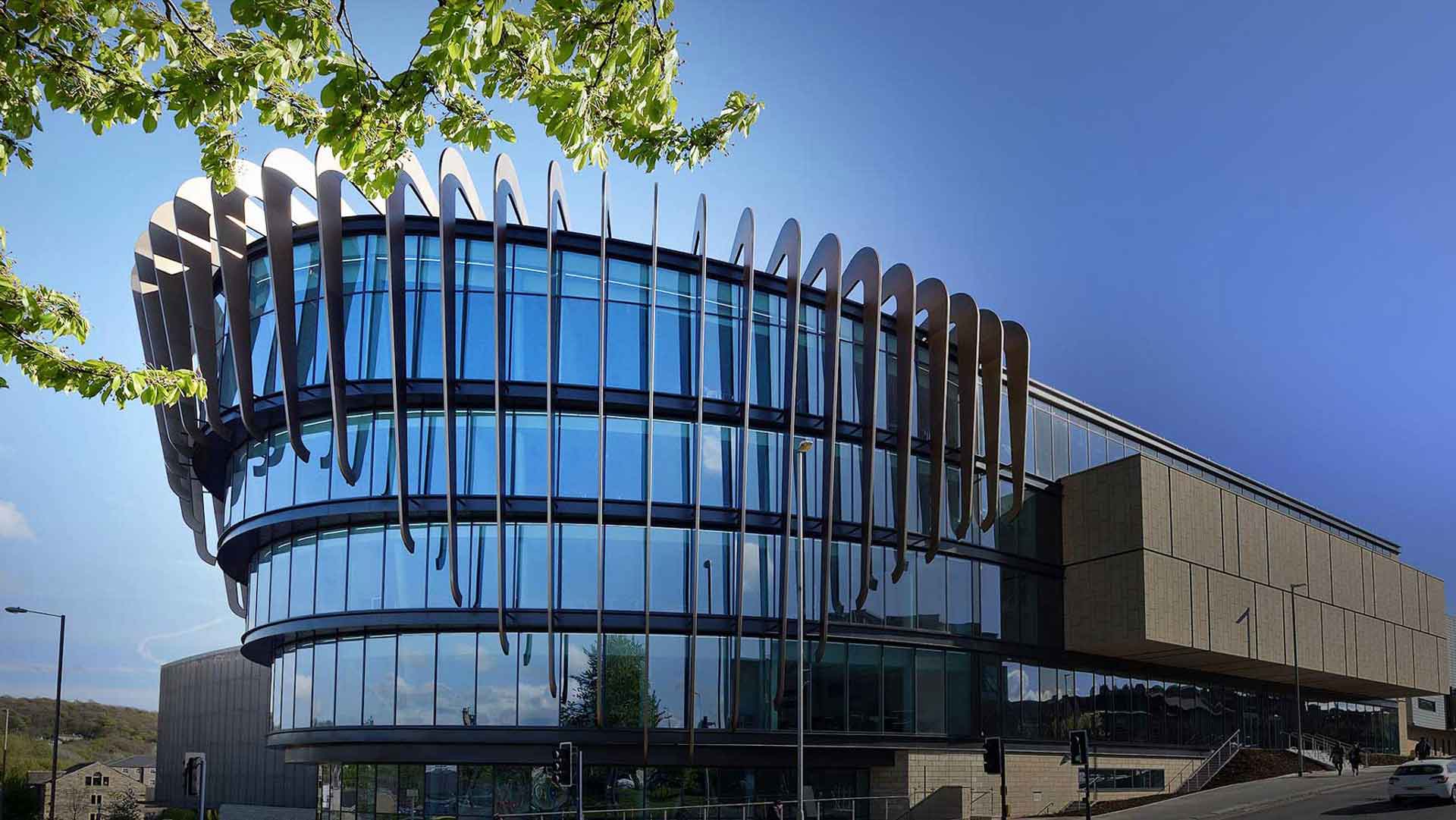
Research Definition
The register uses a modified version of the international and widely recognised Frascati definition of research, produced by the OECD and contained within the Frascati Manual. This definition of research is as follows:
- Research and experimental development (R&D) comprise creative work undertaken on a systematic basis in order to increase the stock of knowledge, including knowledge of man, culture and society, and the use of this stock of knowledge to devise new applications.
- The term R&D covers three activities: basic research, applied research and experimental development.
- Basic research is experimental or theoretical work undertaken primarily to acquire new knowledge of the underlying foundation of phenomena and observable facts, without any particular application or use in view.
- Applied research is also original investigation undertaken in order to acquire new knowledge. It is, however, directed primarily towards a specific practical aim or objective.
- Experimental development is systematic work, drawing on existing knowledge gained from research and/or practical experience, which is directed to producing new materials, products or devices, to installing new processes, systems and services, or to improving substantially those already produced or installed. R&D covers both formal R&D in R&D units and informal or occasional R&D in other units.
Although the register adheres to the Frascati definition, it also seeks to ensure that the widest array of relevant and useful research is captured. ‘Research’ should, therefore, also be taken to include evaluations; more general reports (which contain at least some original data); and audit or statistical reports, along with public opinion-type surveys, as long as these contain some explanatory or analytical text.